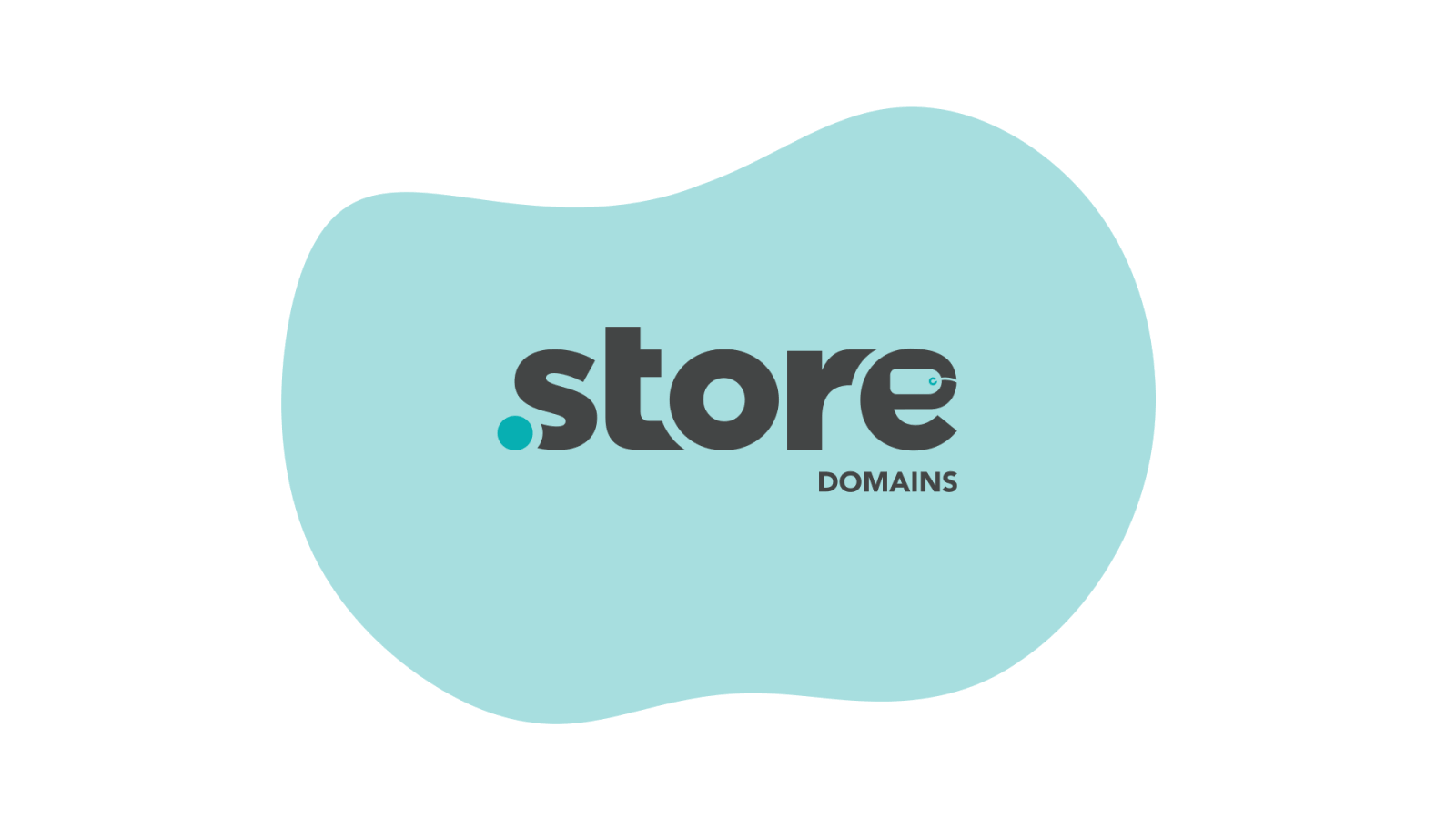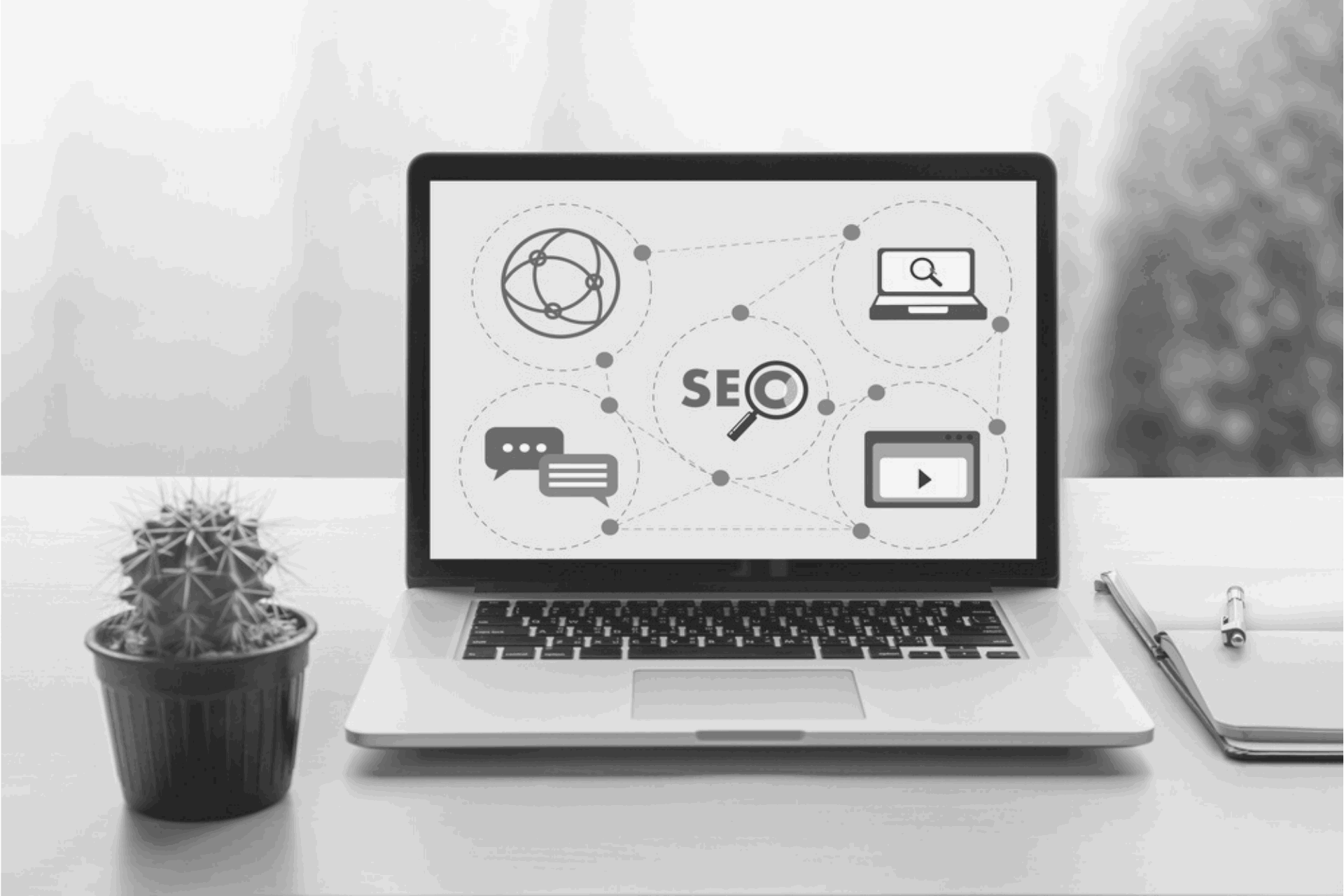Most creators are exploring the idea of how to start an eCommerce podcast and for good reason.

Starting an eCommerce podcast comes with a lot of advantages and can prove to be a great tool for marketing your online store.
Podcasting is one of the best ways to build your brand, have meaningful conversations, form a better relationship with your already existing customers, and expand your overall audience base.
In this article, we’ll look at how to start an eCommerce podcast and the 10 things you should keep in mind.
1. Find Your Ideal Listener
If you have an existing eCommerce business, you would ideally already have a buyer persona. Otherwise, you can start by finding who your target audience is.
This is an important step in how to start an eCommerce podcast because you need to be able to engage your audience with your content.
And if your podcast is not focused on a specific target audience, then it may not resonate with anyone.
Make an effort to identify what kind of content your ideal listener usually consumes and shape your podcast content around it.
Since they would be your eCommerce brand’s target audience, creating content about your industry could be a good idea as well.
2. Find The Best Type Of Content/Presentation
Even though some people usually choose to interview experts on podcasts, there are many other possibilities that you can explore. Two great options are:
One presenter: it might seem awkward to listen to yourself in the beginning, but you will get used to it soon. Adding background music could make it smooth for both you and the listener.
Multiple presenters: this format is a more engaging experience for the audience, but would require some homework and planning on your end.
Having good background music could elevate the overall quality of your podcast.
Besides, using the right music at the right time could help your audience emotionally connect with what you are saying.
3. Define The Structure
Similar to any other form of content, you will need a proper structure for your podcast too. Defining the structure is a crucial element in the “how to start an eCommerce podcast” guide.
You can create a script and an outline that covers everything that you could potentially talk about. Here is a great way to go about it:
Introduction: Put on a cheerful song and get your audience hooked on it right in the beginning. Lower its volume after a couple of seconds to allow your voice to enter.
Body: This is the main part of the episode and you can segregate it into different sections and add a touch of the music for transitions.
Closing: Close with a strong call to action here and tell them what to do next. It could be to visit your website or sign up for your newsletter or more.
4. Invest In The Right Recording Equipment
When asking how to start an eCommerce podcast, you would also need to know about the recording equipment that you can use to record it.
Here are the three main elements that you will need:
USB microphone: You can use the mobile phone mic or earphone mic to start off but you should upgrade to a better mic if you can afford it. If you have a soundproof setup, you can get a condenser mic, else a dynamic mic should do it for you.
Headphones: Any pair of headphones that provides decent audio quality, and you can distinguish between the music and your voice with it, should do fine.
Software: Even though there are various professional software applications, GarageBand for Mac, and Audacity for Windows are the best as they are less complicated yet professional.
5. Find The Right Platform To Upload Your Podcast
Adding your podcasts to your online store’s hosting could slow it down. You can consider uploading it via a specific host like Soundcloud or Libsyn.
The best part about these specialized servers is that they generate the RSS file for your podcast automatically.
It is the file that you need to add to the directorates (iTunes) for updating your podcast with each new recording.
WordPress even has a special plugin for podcast management called PowerPress.
6. Set Up Your Podcast Channel
Now you know how to start an eCommerce podcast, but what you also need to know is how to set up your channel.
Title page: This will be your first impression of your audience and must look professional.
Channel name: Make it as descriptive as possible, and add relevant keywords to make it spottable for people who search for podcasts.
Description: You can explain the topics you will cover here, and you can add all the relevant keywords here as well.
7. Keep SEO As A Focus Area
One of the most effective ways to show up on the web for the right set of queries and keywords is through SEO.
Since your podcast is an audio form of content, Google won’t recognize it and show it to users who search for similar content.
However, if you can optimize the text portion of your podcast for SEO, you could change the game.
Add relevant keywords to your title and description, and take necessary steps for SEO optimization, so that next time when someone searches for something relevant, you show up on their search results.
8. Review Other Podcasts
This is a very similar technique to commenting on other people’s blog posts. When you review someone’s podcasts, chances are they will look at your work in return and review it as well. It’s a Win-Win for both.
9. Request For Authentic Reviews
Having reviews on a podcast helps increase its visibility on iTunes. Besides, the more reviews on your podcast, the more authentic your podcast looks.
iTunes has an algorithm that considers reviews and recommends podcasts to new listeners accordingly.
For instance, the more positive reviews on your podcast, the more organic audience it is likely to attract.
Towards the end of your podcast, ask your listeners to review it. It could be your call to action.
10. Promote Your Podcast
The last step in how to start an eCommerce podcast is promoting it because without that you won’t have a good audience to share your podcast with. There are various ways in which you can promote it.
Start by sharing it on all your social media platforms, and ask your already existing followers to listen to your podcast. You can even use groups on Facebook, to promote your podcast to a wider audience.
If you have an email list then you can share your podcast with them through your newsletter. Since they are already subscribed to your emails, they might seem interested in listening to your podcasts as well.
Try inviting important guests and personalities from your industry and interview them.
Not only will it make your listeners more interested in your podcasts, but also grow your audience, when these guests share this episode with their audience or followers.
In Conclusion
This article can be a good starting point on how to start an eCommerce podcast with 10 things to keep in mind.
Having a podcast is great for audience engagement and even expanding your audience base.
By starting a podcast you might be able to reach out to people listening to podcasts while traveling in the metro or lying in bed, who don’t consume any other form of content and weren’t exposed to you earlier.







